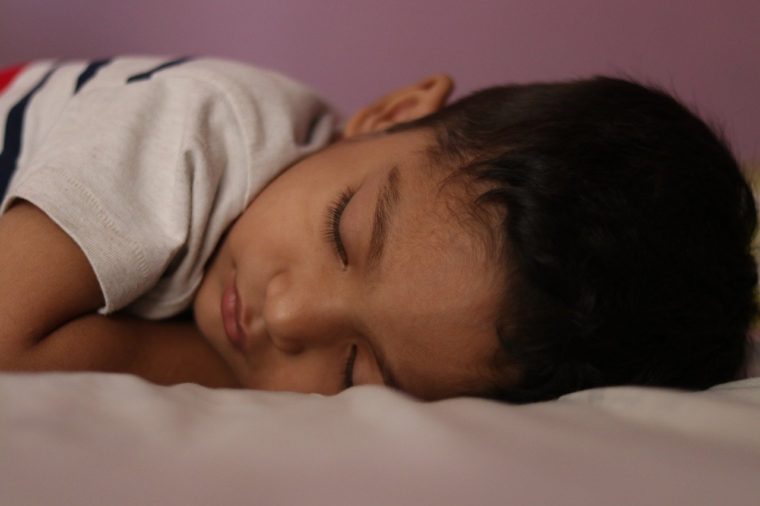Sleep is crucial for optimal learning and good academic performance.

Children with dyslexia are identified as having the most frequent learning difference in school.
This difference is characterized by difficulty with accurate and/or fluent word recognition when reading. In addition to that, they exhibit poor spelling and word decoding, as well as other academic and non-academic challenges.
Neurological studies show that children with dyslexia experience greater sleep disturbances than their non-dyslexic peers. This includes problems falling asleep, restlessness while sleeping, as well as remaining asleep.
Sleep deprivation reduces blood flow to the brain causing decreased focus and loss of attention, among other things. Consequently, their daily routines are impacted, and their learning difficulties increased.
Some documented consequences of poor sleep:
- Higher rates of daytime sleepiness
- Attention issues
- Irritability
- Daytime fatigue
- Decreased alertness
- Reduced memory
Can you see why poor sleep will increase the learning challenges of children with dyslexia?
So, why Does your dyslexic child have trouble sleeping?
- The child with dyslexia internalizes the differences in their ability with those of their siblings and classmates.
- School is extremely stressful for him, and he may hold in his struggles all day.
- This results in a decrease in confidence, which in turn causes anxiety.
- When the brain is anxious and stressed, sleep can become elusive.
- There’s anticipation of the next day’s struggles.
- His brain is over-stimulated and anxious about what’s coming.
- In a survey given to parents of teenagers with dyslexia, 3 of the 5 top reasons for their trouble sleeping were:
- Homework
- Worry about school
- Worry about their social life
- If the child has non-dyslexic siblings who complain about and get jealous of the additional time their parents give to them, guilt and shame may be aroused. This increases their anxiety.
The longest activity of a child in any day is sleeping. The quality and quantity of their sleep are critical for their learning and behavior.
While your child is asleep, in addition to tissue growth and cell repair, their brain replays the information learned during the day, and new pathways and connections are made that help with long-term memory.
Poor sleep decreases the blood flow to the brain, thus negative physical and mental health results are often seen during the following day.
In children with dyslexia, one of the hallmark characteristics of anxiety is falling asleep and/or staying asleep.
Has anxiety ever kept you awake?

Hi Florence, I know very well how poor sleep affects the brain from personal experience. I worked shift work as a nurse for over 30 years. I suffered sleep deprivation for most of those years. I was lucky if I get 5 hours each night/day. I used to take pride on how little sleep I needed to function well. Of course, I wasn’t functioning well but I didn’t know it at the time. It took me a few years to catch up. I was so surprised when my brain fog lifted.
If as an adult you were affected that much, just think, Lily, what happens to children who are constantly trying to catch up at school and life in general!
I can see how this would put an even greater strain on youngsters. Your blogs are so full of helpful and useful information.
Martha, if one parent can do better than I did with my dyslexic daughter, I will be happy.
Please share this information with your friends with school-age children and/or grandchildren.